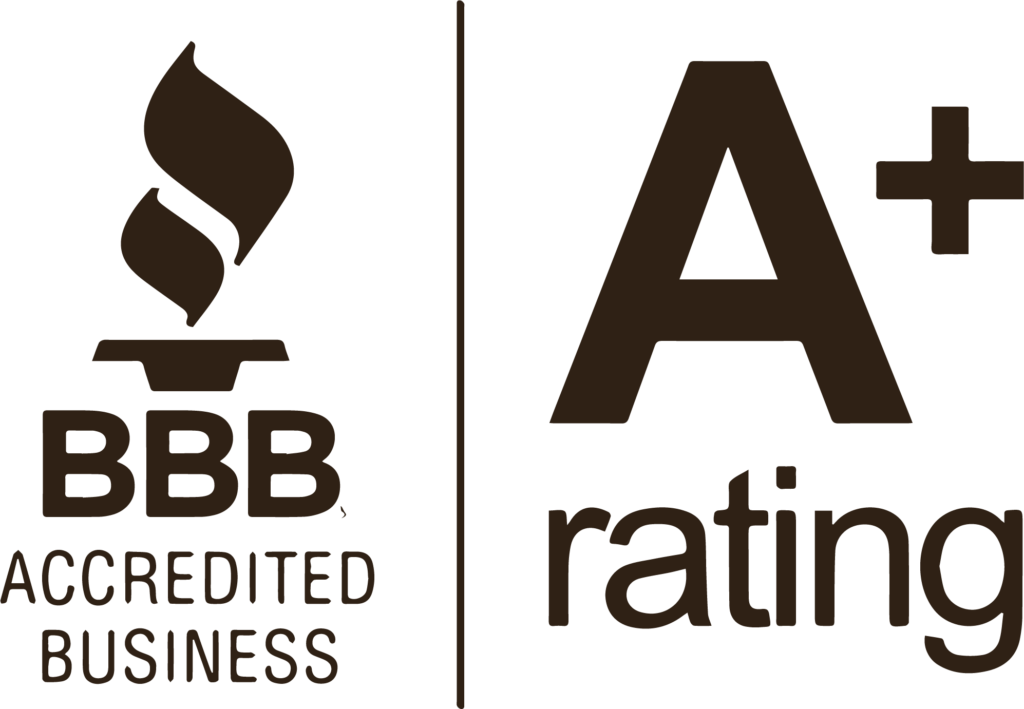By Daniel Scott Johnson, Senior Financial Advisor
“Trust” is a word with many meanings to many different people.
In everyday speech, “trust” usually confers confidence in a person or thing, e.g., “I trust you with my life.” Trust pops up in popular culture representations too. In the film Risky Business (1983), the main character Joel (Tom Cruise) says, “It seems to me that if there were any logic to our language, trust would be a four letter word.”
Of course, in commerce, a trust refers to a group of corporations that have a monopolistic hold on a segment of the economy, e.g., “President Teddy Roosevelt fought to bust up the Wall Street trusts to stimulate competition.”
And in law, a trust is a fiduciary arrangement that allows a third party to hold assets on behalf of a beneficiary or beneficiaries. One of the chief reasons people with considerable wealth put their assets into trusts is so their heirs can avoid probate, the court-supervised distribution of a person’s wealth after death. Control of a trust falls under control of a third-party—the trustee—who then has a fiduciary responsibility to make decisions in the trust’s best interests. (A trustee’s discretionary powers usually are limited by instructions detailed in the trust’s creation.)
It is quite typical for people to name a family member to serve as their trustee. (A trust document may also name an alternate or backup trustee if the initially named individual is unable or unwilling to perform this role.) If you are named trustee of a trust, you must be very careful. Although you will likely have considerable sway on how the trust’s assets are invested and distributed, there are certain things you cannot, by law, do.
These include the following:
Use trust assets for your own personal gain.
As a trustee, you cannot just take the money and spend it on yourself. This is embezzlement. And it’s illegal.
Engage in self-dealing.
This refers to putting your own interests ahead of the trust, such as hiring yourself or your company to provide services on the trust’s behalf. Any situation that involves a conflict of interest falls into this category.
Ignore or mismanage trust assets.
As a trustee, you have to take your position seriously. This means you cannot ignore the responsibilities you have been assigned.
Disclose confidential information.
The terms of a trust are often private, and inappropriately disclosing details, especially to unauthorized individuals, can open you to serious legal exposure.
Delegate responsibilities without appropriate oversight.
If you don’t want to perform your duties as trustee, you can’t hand them off to someone else without going through the proper legal channels.
Act beyond the scope of the trust.
A trust’s purpose and proscribed activities are usually strictly defined within its founding documents. As a trustee, you are not allowed to redefine the trust’s goals or use its assets in ways that violate the boundaries its creators established.
Fail to maintain accurate records.
Adhering to proper accounting standards and protocols is one of any trustee’s primary responsibilities. A lot of money is usually involved when managing a trust, and you must account for every penny.
Fail to communicate with trust beneficiaries.
“Beneficiaries” are the people or organizations the trust has been designed to support. As they have an obvious interest in the trust’s operations, you, as trustee, are obligated to keep them abreast of your activities on a regular basis.
Commingle your assets with those of the trust.
A trust’s assets belong to the trust and its beneficiaries. You can’t mix its assets with yours, even if the end result may benefit the trust as a whole.
“Borrow” from the trust.
Neither is a trust a bank from which you can borrow, even at interest.
*****
People who violate their fiduciary duties, who are caught mismanaging or stealing from trusts, usually face civil penalties, such as hefty fines. However, sometimes these thefts are so large and so flagrant that they are prosecuted as embezzlements, for which actual jail time is possible. (In California, the maximum penalty for trust embezzlement in excess of $950 is three years in prison.) This is what happened back in 2011 to one Teresa Laggner, a prominent professional San Diego-area trustee who was sentenced to 18 months after being convicted of siphoning hundreds of thousands of dollars from the multi-million-dollar trusts she controlled.
To see that a trust is properly managed, many amateur trustees hire a professional, certified fiduciary to perform the actual day-to-day management. This is one of the many financial services I provide to my clients. Windfall Advisors, my company, is a Registered Investment Advisory (RIA) firm that, as a fiduciary, has a legal obligation to put the interest of our clients first.
For more than a decade, I have provided trustees the top trust management as well as investment and financial planning services to clients nationwide without a single disciplinary action or client complaint. I also serve as a senior financial advisor to many individuals who have come into sudden wealth. A seasoned expert in these matters, I have been live on CNN, CNBC, and Forbes.
In fact, I am so confident in my ability to help you as a compassionate, knowledgeable advisor I offer a complimentary four-month trial. It’s my belief that you will see the value of my services based on this exploratory arrangement. Or, to put it simply, you needn’t trust my words, but you can trust in the positive results.
For more information on trusts, trust management, advice for being a trustee or financial advising in general, please contact me at [email protected].





